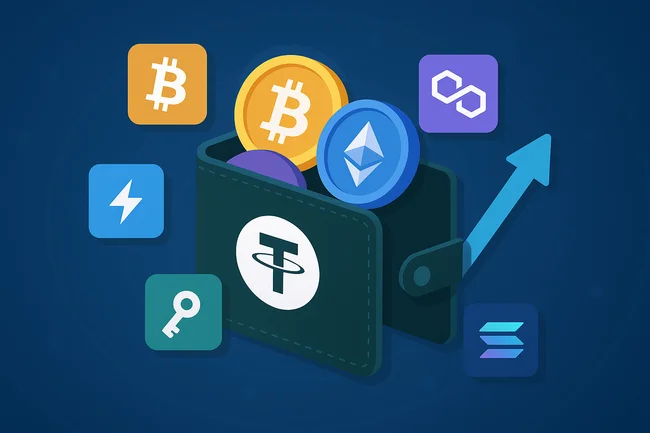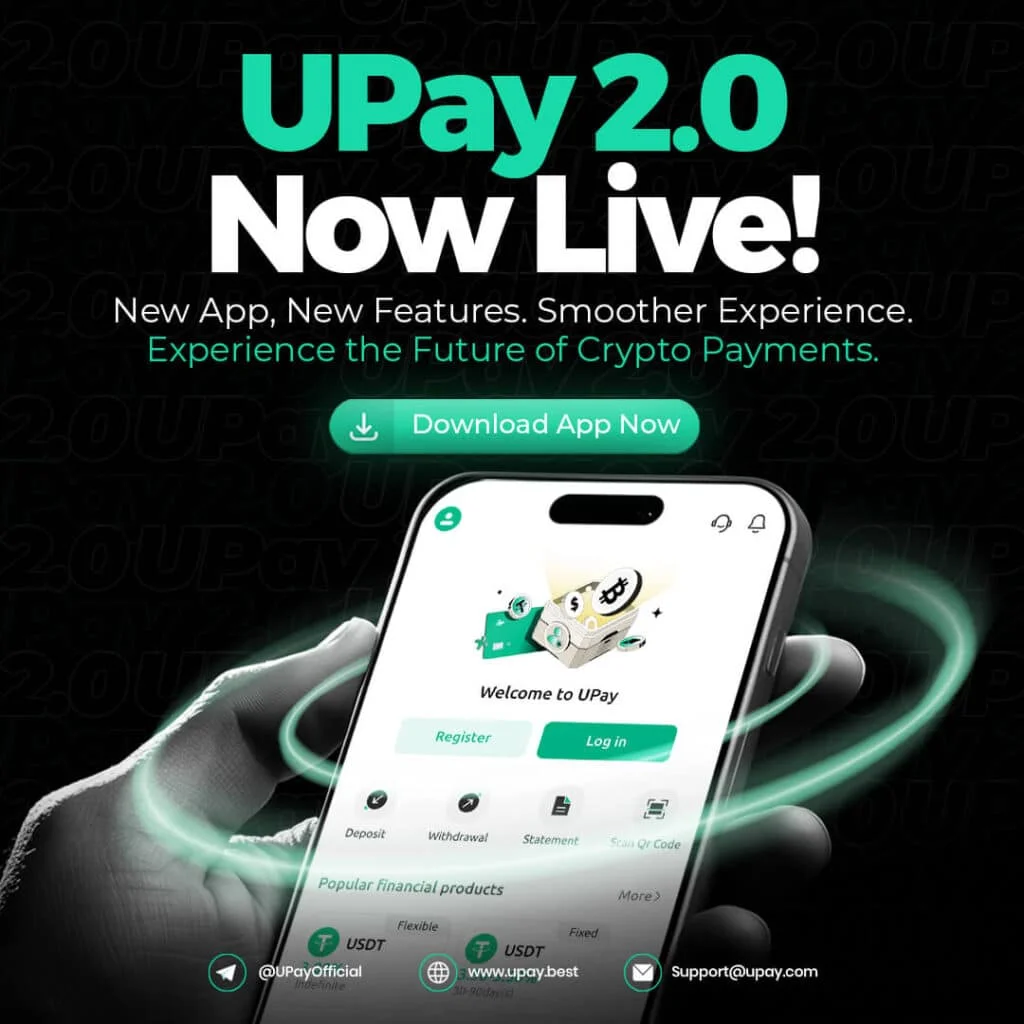Tether, the world’s largest company in the digital asset ecosystem, on Friday announced it has released the source code for its Wallet Development Kit, or WDK. The new toolkit aims to allow developers, institutions and autonomous systems to build self-custodial, multi-chain wallets for a wide range of devices and platforms.
The company said the framework is designed to support secure wallet deployment on embedded systems, mobile and desktop applications, and servers. By making WDK open source, Tether is offering developers the ability to audit, customize and integrate wallet functions independently of centralized platforms.
Aiming for Open and Interoperable Wallet Infrastructure
According to Tether, the WDK is structured to enable developers to create cross-platform wallets with integrated features such as payments, decentralized finance (DeFi), savings accounts, prediction markets and gaming. The company emphasized that the framework does not lock developers into specific ecosystems and is compatible with several blockchain networks.
WDK supports both EVM and non-EVM chains, including Bitcoin, Lightning Network, Ethereum, Arbitrum, Polygon, TON and Solana. It also incorporates USDT0 network-scaling technology, which Tether says is intended to provide seamless liquidity and cross-chain functionality.
Paolo Ardoino, Tether’s chief executive, said in a statement that the initiative aligns with the company’s vision of decentralized financial control. “We imagine a world where humans, autonomous machines and AI agents have the freedom to control their own finances,” he said. The WDK also includes secure key management, cross-chain transfers and customizable interface templates. Tether said these features are designed to lower technical barriers for developers while maintaining security standards.
Expanding Use Beyond Traditional Devices
Tether stated that the WDK can be deployed on a broad range of devices, from smartphones to IoT systems, and even in autonomous environments such as robotics and machine-to-machine networks. This includes support for real-time balance updates and transaction tracking, allowing wallets to operate in both consumer and machine-driven financial systems.
The company said its upcoming Rumble Wallet and another self-custodial product will be built entirely on WDK. Tether described these projects as examples of how the toolkit could be applied in production environments. The release of WDK comes amid growing interest in open-source financial infrastructure, particularly in applications involving artificial intelligence and automated systems. By making the toolkit public, Tether is entering a broader segment of the developer ecosystem that focuses on building interoperable, secure and scalable wallet solutions.








